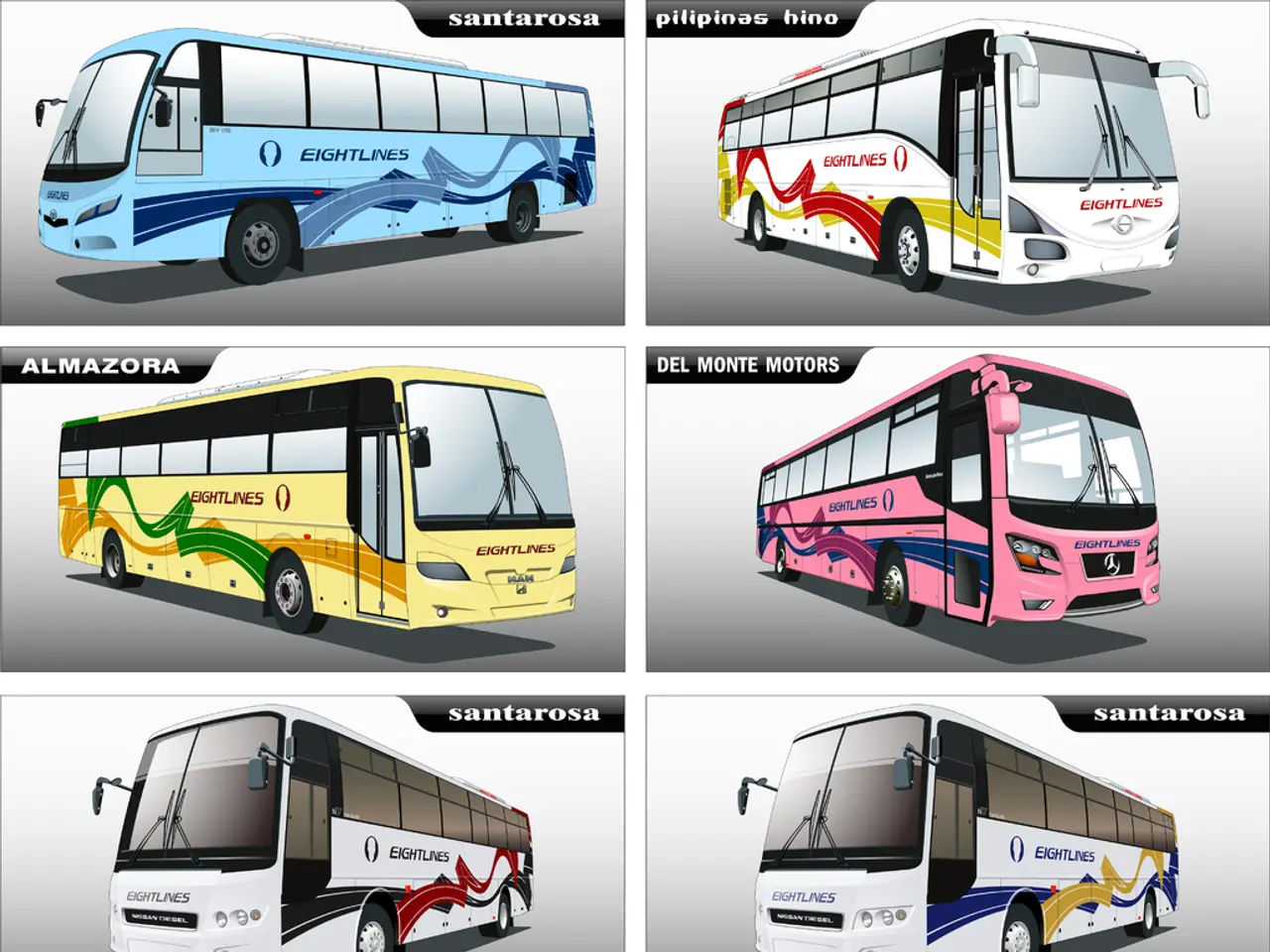Job reduction indicator: businesses trim workforce more frequently
The German Business Landscape: A Tale of Cautious Hiring
The corporate scene in Germany is exhibiting a touch of wariness when it comes to staffing decisions, as reflected in the ifo Employment Barometer's June drop to 93.7 points from May's 95.1. Klaus Wohlrabe, head of ifo surveys, shares this sentiment, stating, "The labor market hasn't quite turned a corner yet, despite an uptick in economic sentiment." He goes on to explain that the dearth of new orders continues to hinder hiring efforts.
Following five months of incremental advancements, the industrial barometer saw a decline last month. Most industrial sectors reported a decrease in workforce, while the service sector witnessed mixed signals. There's generally a standstill in hiring across most sectors, but with significant variability.
IT service providers are eager to increase their staff numbers after a short period of restraint. On the contrary, the catering and hotel sectors are cutting jobs. The construction industry intends to maintain steady workforce levels, while businesses in wholesale and retail trade are planning staff reductions.
As of 2025, Germany faces various challenges in its labor sector, such as a widespread skilled worker shortage and demographic hurdles, impacting industries like IT, construction, wholesale trade, and retail trade. Efforts are underway to attract foreign talent, including the issuance of over 69,000 EU Blue Cards, as the nation attempts to fill the gaps. Changes to immigration policies are being debated, with key political figures advocating for simplified visa procedures and streamlined foreign qualification recognition to accommodate labor market requirements.
The IT sector primarily faces a lack of domestic tech talent, compelling firms to focus on attracting foreign experts, streamlining immigration processes, and investing in training programs. The hospitality and tourism sectors grapple with high labor turnover and seasonal fluctuations exacerbated by the skilled worker shortage, striving to implement flexible staffing models and rely on immigrant labor to maintain operations.
The construction sector is hindered by shortages in engineering and skilled technical personnel, delaying major infrastructure projects, valued at €500 billion. In response, employers are turning to foreign professionals and apprenticeship programs to address these deficits. Retail and wholesale sectors are experiencing recruitment struggles in frontline positions and logistics, attempting to address these issues by offering better working conditions, training programs, and integrating immigrant workers.
In light of these challenges, developments in emerging sectors such as electric vehicles and renewable energy may spell good news for Germany's staffing market, potentially boosting demand and alleviating some labor supply pressures. Germany's labor market remains optimistic but cautious, with persistent workforce challenges requiring ongoing attention.
- The ongoing skilled worker shortage in industries like IT, construction, wholesale trade, and retail trade is compelling economic and social policy makers to focus on finance solutions, such as simplifying visa procedures and fostering foreign talent attraction.
- As the nation attempts to fill labor market gaps, efforts are being made to finance investments in training programs and foreign qualification recognition in sectors like IT, as well as implementing flexible staffing models in hospitality and tourism to combat high labor turnover and seasonal fluctuations.






